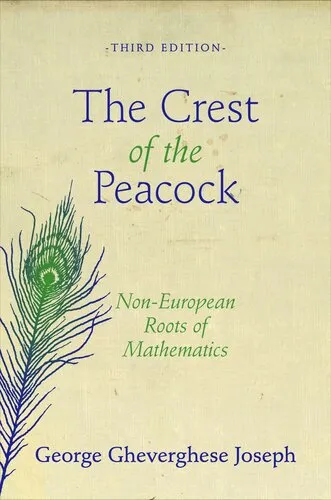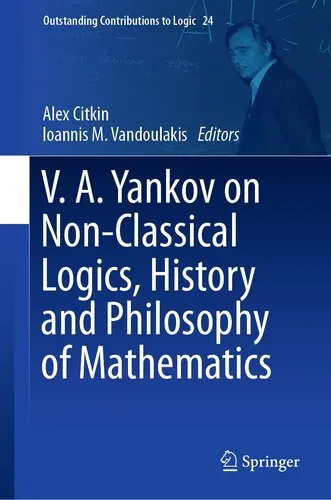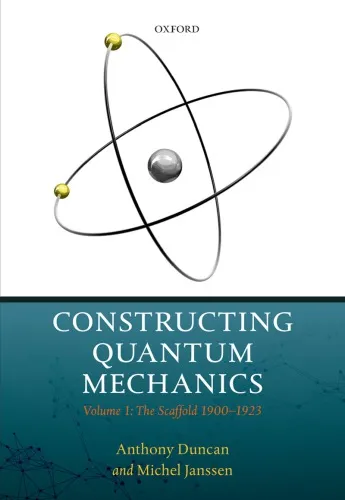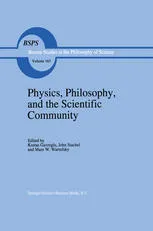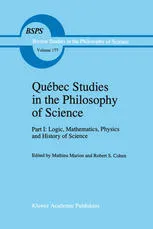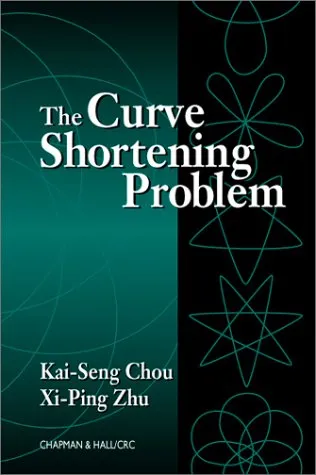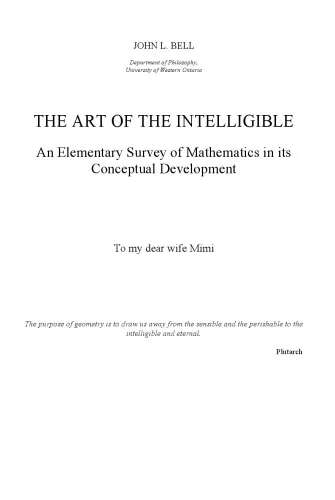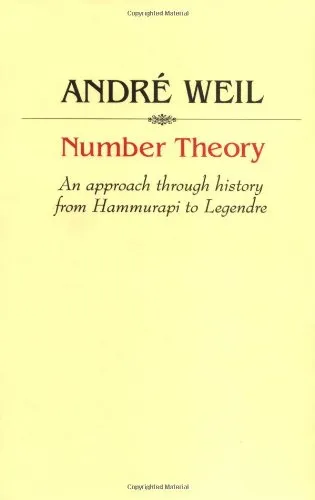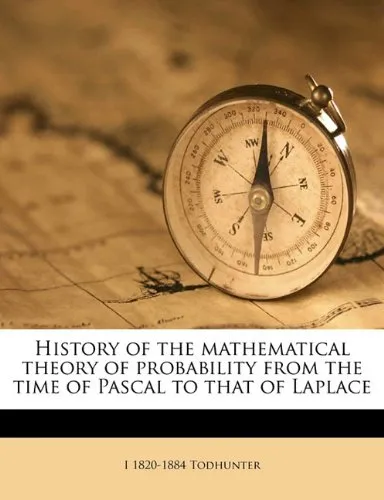A short account of the history of mathematics
4.2
Reviews from our users

You Can Ask your questions from this book's AI after Login
Each download or ask from book AI costs 2 points. To earn more free points, please visit the Points Guide Page and complete some valuable actions.Related Refrences:
Introduction to A Short Account of the History of Mathematics
Written by the mathematician and historian W. W. Rouse Ball, A Short Account of the History of Mathematics is one of the most celebrated works that encapsulates the profound evolution of mathematical thought throughout history. This timeless masterpiece provides readers with a systematic and insightful overview of the development of mathematics, from its ancient origins right up to the 19th century. With its clarity and depth, the book offers an engaging journey through the lives and works of numerous mathematicians whose contributions have shaped the discipline over centuries. Whether you're a student, a historian, or an enthusiast of mathematics, this book serves as an essential resource for better understanding the field and its historical context.
A Detailed Summary of the Book
Rouse Ball's work takes the reader on a chronological journey through the history of mathematics, providing a rich exploration of its roots and evolution. The book begins with an examination of ancient civilizations, such as Egypt, Babylon, and Greece, highlighting their contributions to the foundational aspects of arithmetic and geometry. The monumental works of Greek mathematicians such as Euclid, Archimedes, and Pythagoras are meticulously explained, showcasing their lasting influence on the subject.
Moving forward, the text delves into the transformative contributions of Islamic scholars during the medieval period, who preserved and expanded upon the knowledge of classical antiquity. The Renaissance and European revival of mathematics are explored in detail, with a particular emphasis on figures like Descartes, Newton, and Leibniz, whose work laid the groundwork for calculus and advanced algebra.
Rouse Ball also dedicates sections of the book to the contributions of 18th and 19th-century mathematicians such as Euler, Lagrange, Laplace, and Gauss, whose innovative approaches brought about significant advancements in areas such as analysis, mechanics, and number theory. The text culminates by surveying more contemporary developments in mathematical theories, illustrating how this ever-evolving discipline constantly adapts and grows.
Although written in the late 19th century, the book maintains remarkable relevance as it paints a thoughtful and comprehensive panorama of mathematics, effectively bridging the gap between casual readers and academic experts.
Key Takeaways
- Mathematics has been an intrinsic part of human progress, spanning ancient civilizations to modern advancements.
- The interplay between individual genius and collaborative discoveries has driven the field forward over the centuries.
- The contributions of cultures such as the Greeks, Indians, Arabs, and Europeans showcase the universal nature of mathematics.
- Key advancements such as calculus, algebra, and mechanics have revolutionized both mathematics and science as a whole.
- Understanding the historical development of mathematics provides valuable insight into both its significance and its impact on various fields of human knowledge.
Famous Quotes from the Book
Rouse Ball's book is packed with thought-provoking and enlightening statements. Here are some of the most memorable excerpts:
"The history of mathematics is the history of human thought and ingenuity expressed through the pursuit of order, patterns, and structure."
"Mathematics, while seemingly abstract, has continually been a driving force behind the practical developments of society."
"The genius of great mathematicians lies not only in their discoveries but in their willingness to explore ideas that transcend immediate practicalities."
Why This Book Matters
Rouse Ball's A Short Account of the History of Mathematics is more than just a historical recount; it is a tribute to the human spirit of curiosity and innovation. Understanding the progression of mathematics enables readers to appreciate how fundamental concepts emerged, evolved, and became foundational tools for solving humanity's greatest challenges.
For students, the book provides valuable context, making mathematical concepts more meaningful and engaging. For scholars and educators, it serves as an essential resource to highlight the interconnectedness of history, science, and culture. Furthermore, for general readers, it offers an approachable yet profound narrative that connects mathematics to the broader story of human achievement.
The text stands as a testament to the fact that mathematics is not just a collection of numbers and equations but a vibrant and dynamic field intertwined with human experiences, ideas, and progress throughout history. Few books illuminate this truth as masterfully as Rouse Ball's seminal work.
Free Direct Download
You Can Download this book after Login
Accessing books through legal platforms and public libraries not only supports the rights of authors and publishers but also contributes to the sustainability of reading culture. Before downloading, please take a moment to consider these options.
Find this book on other platforms:
WorldCat helps you find books in libraries worldwide.
See ratings, reviews, and discussions on Goodreads.
Find and buy rare or used books on AbeBooks.
1317
بازدید4.2
امتیاز0
نظر98%
رضایتReviews:
4.2
Based on 0 users review
Questions & Answers
Ask questions about this book or help others by answering
No questions yet. Be the first to ask!
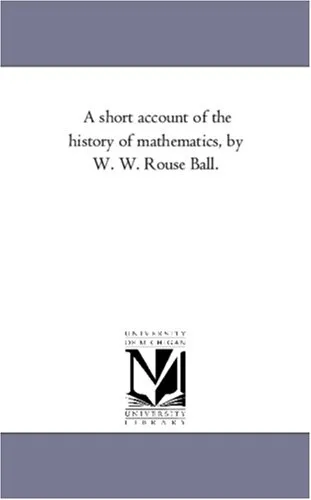
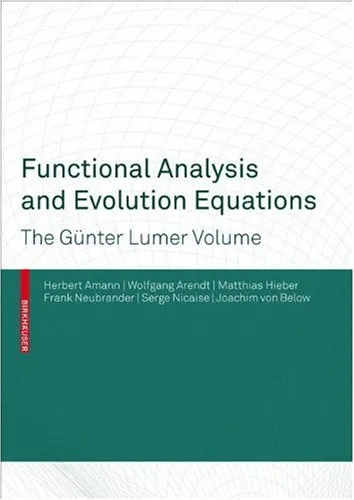
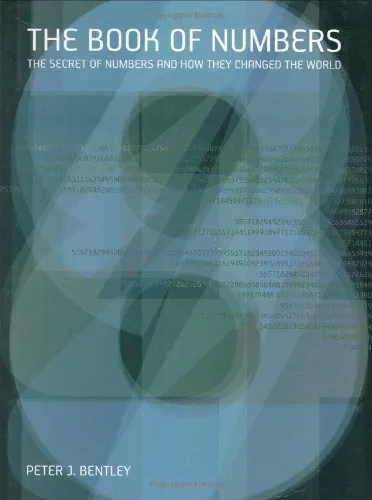
![The Mathematical Experience [Study Edn.]](https://s3.refhub.ir/images/thumb/The_Mathematical_Experience__Study_Edn_16194.webp)
